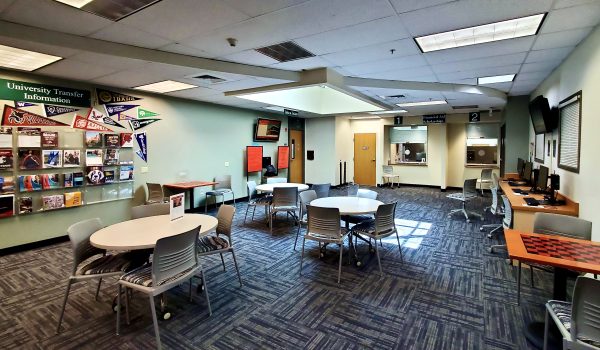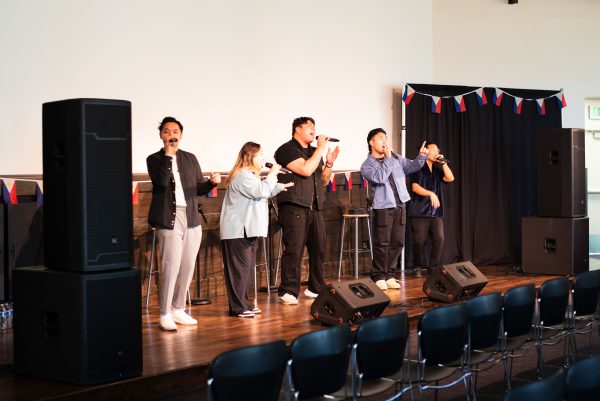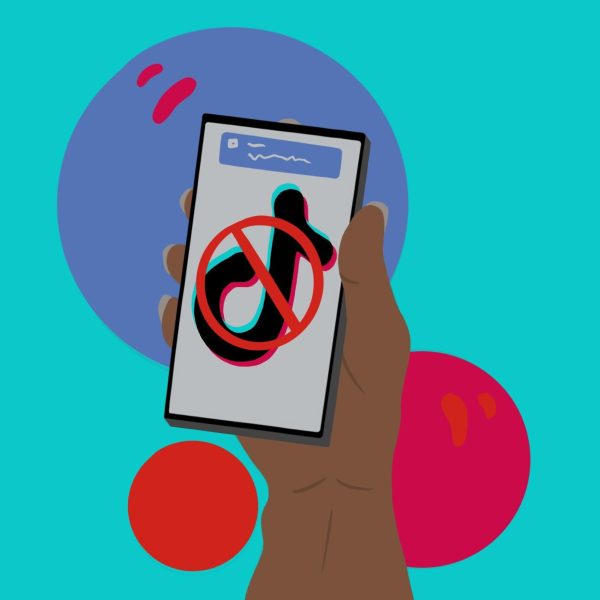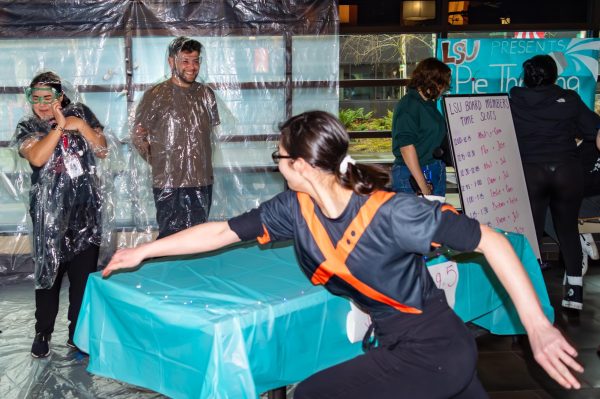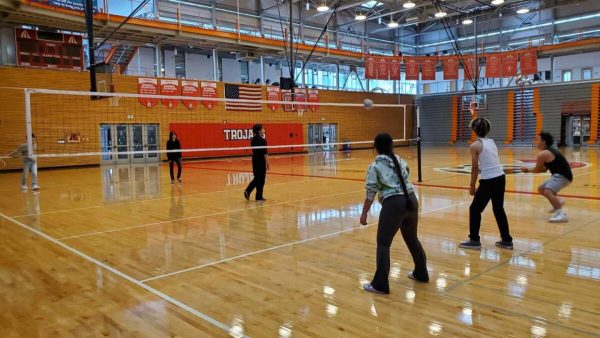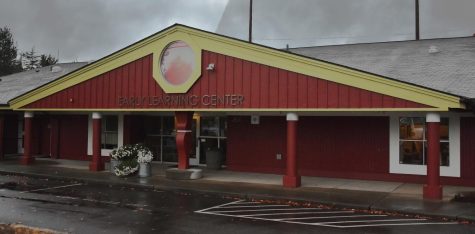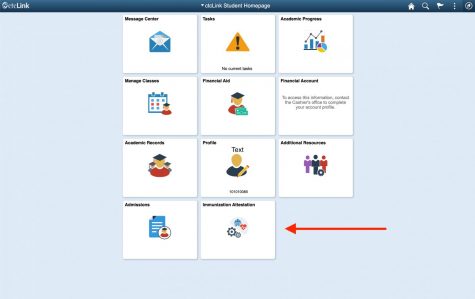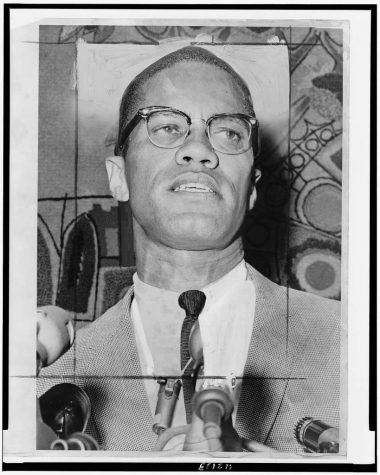Educational Paradigm Shift and Its Potential for Growth
EvCC employees explore educational opportunities beyond a traditional classroom setting.
While the online educational platform isn’t always looked at with the same collegiate recognition it deserves, the online forum provides ample opportunities for students. When education is evaluated with fresh eyes and new perspectives, the potential for growth is immense.
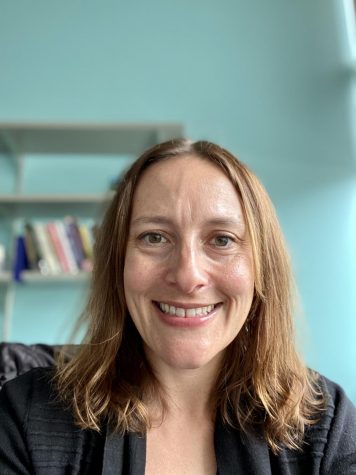
Dr. Heather Mayer, Director of Educational Technology in the Center for Transformative Teaching and eLearning. (Courtesy Photo from Dr. Heather Mayer.)
Identifying the rapidly developing needs of faculty and students at EvCC was the first objective of Dr. Heather Mayer, Director of Educational Technology and Peg Balachowski, Associate Dean of Teaching and Learning when COVID-19 pushed the college to strictly online learning. “What is the emergent need and how can we do this sustainably, long-term, to really help people get the most benefits out of this transition,” said Dr. Mayer. The next step was to supply adequate support.
Most instructors taught at least one online class prior to the pandemic. “I had curriculum adapted to one online class that I taught, but all the other classes are very difficult to teach online,” said Vanessa McVay, associate faculty of the journalism and media communication department.
“I didn’t realize it was going to be as difficult as it was, but you know, you really can’t salvage much curriculum when you’re going face-to-face to online. Even if you can salvage some of it, it’s incredibly time-consuming to convert it,” said McVay.
Throughout this process, Dr. Mayer encouraged instructors to approach the new challenges of remote teaching with an open mindset. By exploring how to adapt their curriculum to work successfully and cohesively there would be an exponential opportunity for success for both instructors and students.
This past year has given instructors and administrators an opportunity to reflect on what has worked well and what hasn’t in their virtual classrooms. Jason Ripper, history department faculty, made the decision to not host live-streamed lectures. “How can that be fair if a student has to be sitting in the parking lot, trying to get service on her phone just to watch my online lecture? It’s not,” said Ripper.
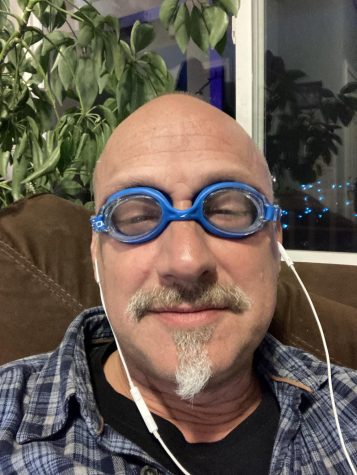
He recognizes that not all students have equal access to a safe and successful learning environment or a laptop and Wi-Fi access. While others are facing homelessness and food insecurity, all factors play a role in one’s ability to be successful.
“The pandemic gave me an opportunity to redesign my classes and become a better online teacher. I absolutely have a responsibility to try and help people learn. But I wanted to keep things reasonable for all students while making sure it was equitable. Students were given challenges but challenges that were reasonable to the times we’re living through,” said Ripper.
Many students and instructors miss the face-to-face connection of in-person learning. But in attempts to bridge connection, some students have taken the initiative to create small cohort communities. Their actions have led to the exchange of phone numbers and established camaraderie outside the confines of the Zoom classroom.
But for many non-traditional students; those a bit older in age, working full-time, raising children, or individuals with differing levels of accessibility are finding the online learning environment beneficial especially after establishing a rapport with classmates.
In addition, alternative teaching methods provide students within the spectrum of learning disabilities several options; mixed media presentations, eTextbooks equipped with audio readers and Zoom lectures with closed captions. Utilizing these tools provides varied levels of accessibility which unlocks equity for all students.
Mike Nevins math instructor, has spent this last year lecturing from his home lightboard studio. His ability to provide instruction with an incredible visual presentation has been beneficial to students and has become a passion project of his.
“We’re in the middle of one of the most massive educational paradigm shifts ever,” says Nevins and he hopes to see EvCC invest in future online learning opportunities for students.

Online instruction has certainly had its ups and downs over the last year but with patience, empathy and the drive to provide students the best education possible, during an incredibly difficult year, there are several lessons EvCC instructors plan to use in the years to come.

What interests you about journalism?
Truth and the art of storytelling. Words carry an incredible amount of power and harnessing them in a way that...




